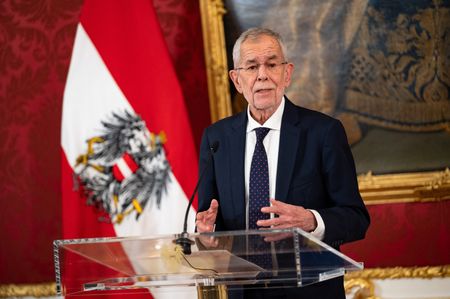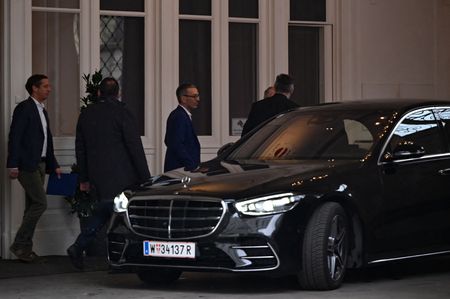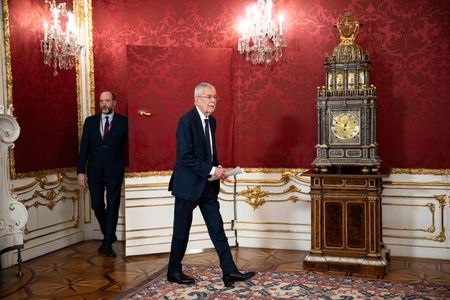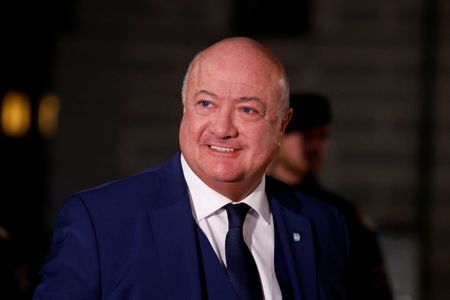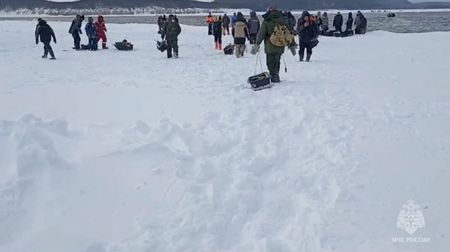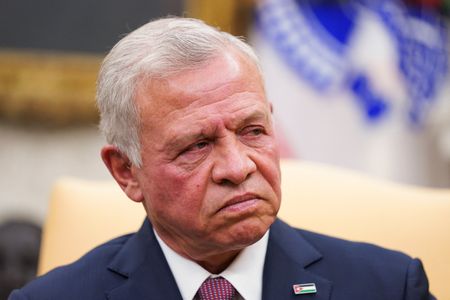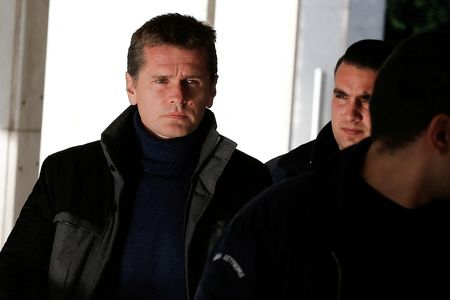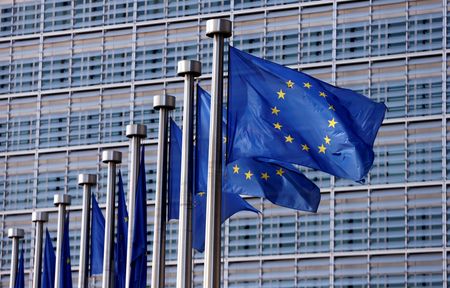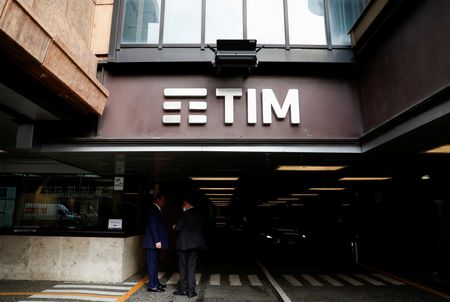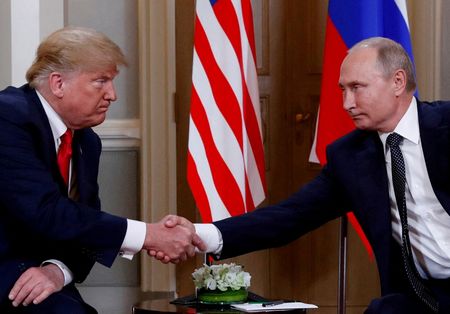By Francois Murphy
VIENNA (Reuters) -Talks to form Austria’s first coalition government led by the far-right Freedom Party (FPO) collapsed on Wednesday, days after the FPO’s negotiations with the conservative People’s Party (OVP) ground to a halt, with each side blaming the other.
The eurosceptic, Russia-friendly FPO was bidding to head a government for the first time since it was founded in the 1950s under a leader who had been a prominent Nazi.
The FPO came first in September’s parliamentary election with around 29% but was only tasked with forming a government last month once a centrist attempt to do so without it failed. The OVP was its only potential coalition partner.
“Just now, FPO leader … Herbert Kickl informed President Alexander Van der Bellen that the coalition talks with the OVP have failed,” the FPO said in a statement moments after Kickl met Van der Bellen in the president’s office.
The FPO quickly called for a snap election, which polls suggest would increase its lead over other parties, but the ball is now in Van der Bellen’s court.
In a televised address to the nation on Wednesday evening, he said there were four options: a snap election, which cannot be held sooner than in about three months; a minority government; a fresh stab at forming a coalition that could command a majority; or a temporary government of experts.
“In the coming days I will therefore hold discussions with politicians in order to determine which of those four options could be successful, as quickly as possible, for as long as necessary,” he said, calling on all sides to embrace a spirit of compromise he felt had been lacking in the coalition talks.
The FPO had initially planned to reach a deal quickly since it overlaps with the OVP on many issues, particularly taking a hard line on immigration. But the mood soured as it became clear the FPO was making many demands that were always going to be difficult or unacceptable for the OVP.
A leaked 223-page summary of discussions showed the FPO was making contentious demands including seeking exemptions from European Union sanctions against Russia, challenging the primacy of EU court rulings, and paying damages to those “harmed” by COVID pandemic policies under an OVP-led government.
LOST CHANCE
The two sides also clashed over how to divide up ministries, with the FPO insisting that despite having only a narrow lead of 2.5 percentage points over the OVP in the election, it should control the interior and finance ministries in addition to the chancellor’s office.
“Unfortunately, Herbert Kickl did not transition sufficiently from the role of an opposition leader into that of a head of government,” OVP leader Christian Stocker said. “There was a chance, the Freedom Party had that chance, to appoint the chancellor of Austria. But Herbert Kickl did not take it.”
The OVP also said the FPO had not addressed demands on fundamental issues it made from the outset, such as keeping Austria free from Russian influence, ensuring the rule of law or being a “reliable partner” within the EU.
The FPO accused the OVP of wanting to settle the issue of ministries before policy.
Whether the FPO overplayed its hand by making maximalist demands or could return stronger after a snap election remained to be seen, political analysts said.
Lore Hayek, a political scientist at the University of Innsbruck, said Kickl’s stance had alienated OVP members who had been ready for a coalition, and likely put his party out of contention to form a government for at least the next year.
(Additional reporting by Dave Graham in Zurich; editing by Mark Heinrich)

